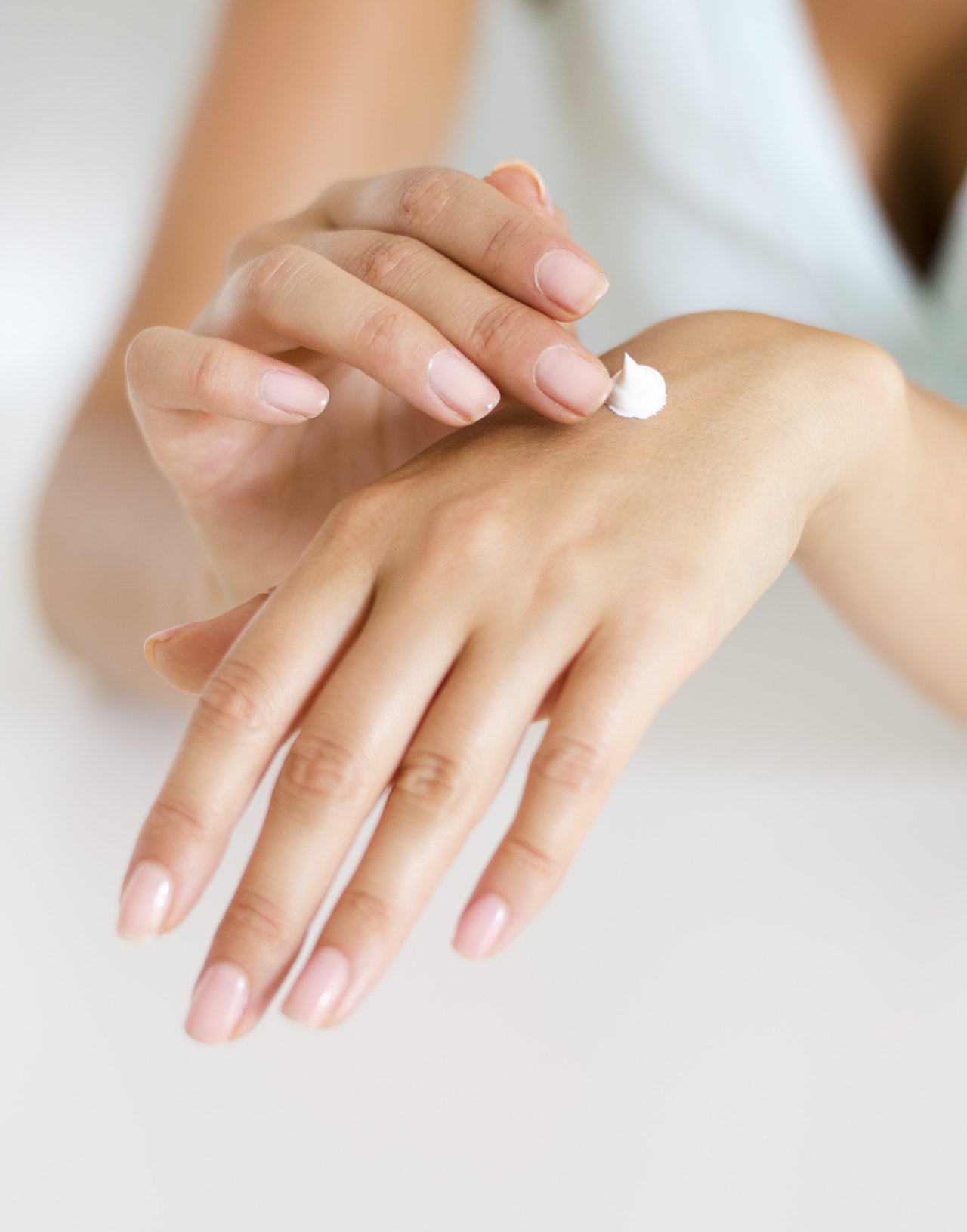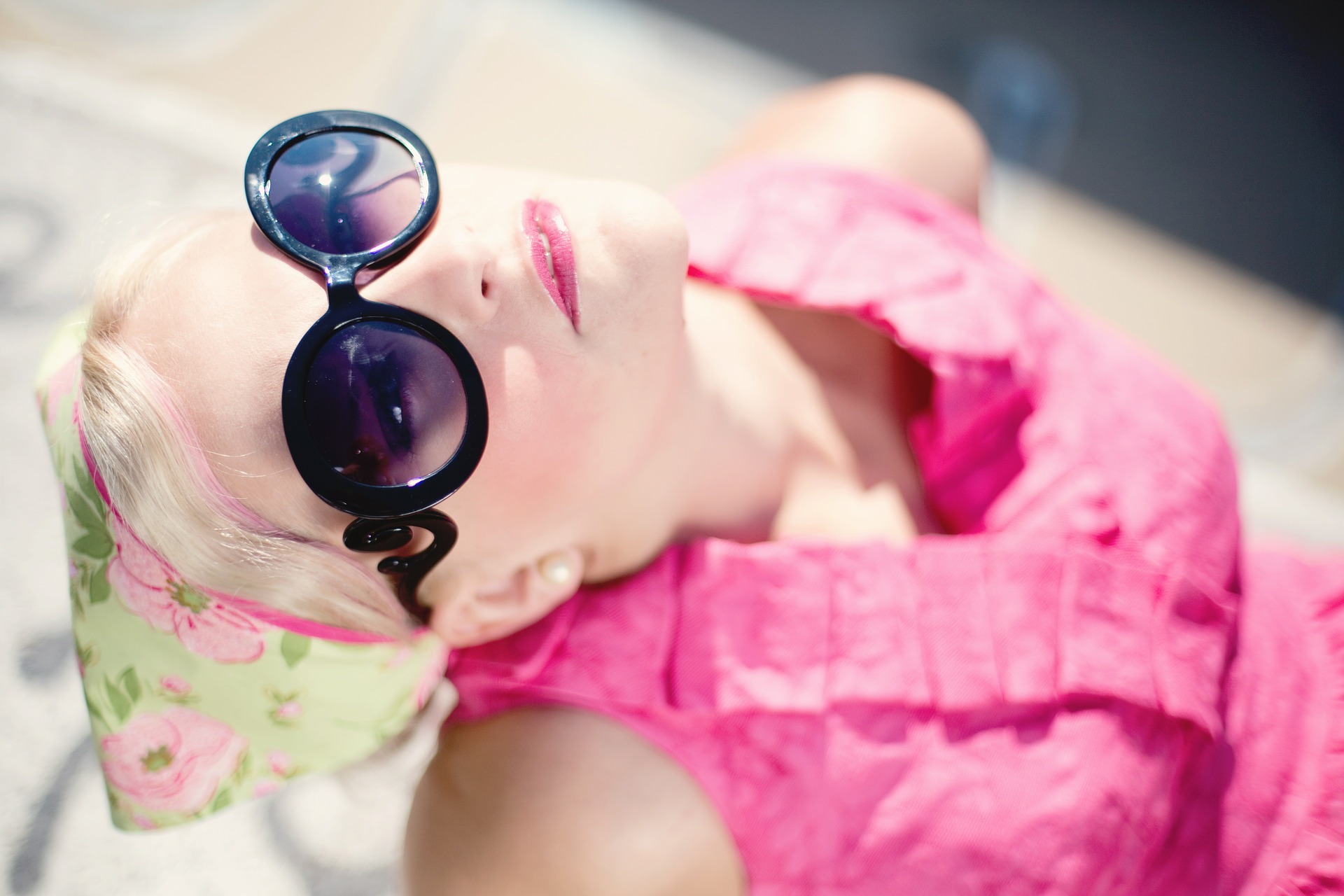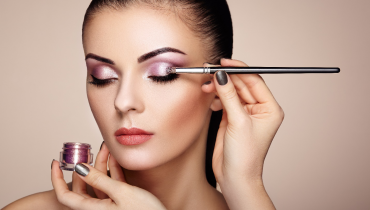
Sun Protection
People learn to make the most of the sun in this country. The second a fragment of sunshine shows through the clouds, we’ll contrive to the beach or out into the garden before it goes away again. Sometimes enjoying in the sun is great, but it’s more important that you do it safely with precautions. We are here to tell you some Sun Protection Tips and how a few quick and easy precautions can be vital for your skin health.
Ask Questions To Yourself When you have Doubt
When you notice anything abnormal about your skin of face or body, then it’s critical that you consult with a doctor as soon as possible. The common rule around possible skin cancers follows the ABCDE format. If you notice a blemish, ask some questions from yourself Such as:
- Is it an asymmetrical (i.e. is one side bigger than the other)?
- Is it simple to tell where the borders are?
- Is it more than single color? Be especially wary of anything with dark brown, black or red patches.
- Is it really more than 6mm in diameter?
- Has it become enlarged day by day? This includes blemishes that have spread out or become raised.
If the answer to one of these questions is ‘yes’, it’s time to get yourself checked out and concern a doctor.
Get The Best Advice You Need
The skin specialist can advise you about sun protection and test the possible side effects of your medication. If you’re really concerned about a mark on your skin, then our face-to-face video consultations allow them to check it for you and advise Quick and beneficial tips given below.
8 Top Sun Protection Tips during Hot summer are as follows:

Sun Protection
Always apply sunscreen to your skin when you go outside, each and every weather and season. Your sunscreen should have a sun protection factor (SPF) of 30 and say “broad-spectrum” on the label, that means it protects against the sun’s UVA and UVB rays.
- Apply sunscreen at least in every 80 minutes again, or more often if you’re sweating or swimming outside.
- Always Wear sunglasses with total UV protection when go out.
- Wearing wide-brimmed hats and long-sleeved shirts and pants protect you from harmful rays.
- Try to avoid being out in the sun as much as possible from 10 a.m.- 2 p.m.
- Test your skin daily so you know what’s normal for you or not and to notice any frequent changes or new growths.
- Select contact lenses and cosmetics that offer UV safety. You still require to use sunscreen and wear sunglasses with broad-spectrum sun safety.
- If you have a child then protect your child’s skin and practice those habits together and avoid using tanning beds.
How Sunlight Damaging Your Skin
The sun is one of the best sources of Vitamin D in other hands it also damages our skin with two types of potentially harmful ultraviolet radiation.
First, there is Ultraviolet-A (UVA), which decrease the flexibility of your skin and causes the signs of aging, like liver spots and wrinkles. Ultraviolet-A (UVA) infiltrate deep into the skin and too much of it can raise your risk of skin cancer.
Then we have Ultraviolet-B (UVB), which causes sunburn, that is a reaction which occurs when your skin is over-exposed to the sun. Lots of Ultraviolet-B (UVB) over a lot of years will raise your risk of skin cancer in later life.
If you plan to be out in the sun, you should also check the side effects of any medication you’re taking. Some medicines, including some antibiotics, antihistamines, and antidepressants, will increase your sensitivity to sunlight. Either they’ll make your skin more sensitive, or they’ll reduce your ability to sweat, which could lead to heatstroke on a hot day.
How To Stay Protected in The Sun For Long-term
1. Select a good quality sunscreen
Few sunscreens are better than others. You require finding one that secures you against both UVB and UVA light.
Ultraviolet-B:
Let’s begins to deal with UVB first. The Sun Protection Factor (SPF) of 15 or more higher will block you from getting sunburnt. Although, that shouldn’t be your only focus. To truly keep your skin protected, an SPF of at least 30 will greatly decrease your risk of skin cancer.
Ultraviolet-A:
To check out whether your sunscreen cream provides UVA safety shows for its star rating. Because Products can be awarded between zero and five stars among ratings. Higher star rating direct you’re getting the same level of UVA protection as UVB. Although, it doesn’t essentially mean effective UVA protection.
2. A way of Using Sunscreen
 Sun Protection tips
Sun Protection tips
When you’ve got yourself a robust sunscreen, it’s more necessary to use it properly in a manner.
For Beginners, you should put on sunscreen once at least half an hour before you go outside. Your skin requires this time to adopt it properly. Also, Waiting until you’re already in the sun will definitely leave you without protection for a short while.
You’ll also require reapplying your sunscreen every 2 hours in order to stay safe. You’ll require reapplying even more frequently if you’re swimming or sweating, even if your sunscreen guarantee to be ‘waterproof’.
3. Cover up Your Skin

Sun Protection tips
Your selection of clothing can have an effect on your Ultraviolet protection. But at a level of basic, clothes that used to cover as enough skin as possible are best. Although, it shouldn’t surprise you to hear that there’s a little more to it than that.
You can find more clothes that include an Ultraviolet Protection Factor (UPF), which advise you how much UV light is paused by the garment. An Ultraviolet Protection Factor of 40 or higher means that your clothes will reflect or absorb at least 97% of UV light.
Even Darker clothes lean to have a higher UPF, as they’re better at absorbing UV light than lighter colors.
If you can’t find clothes with an Ultraviolet Protection Factor or you’re put off by higher costs, there’s much more you can do. Select a tightly woven fabric such as polyester or nylon, as it has more open weave will permit more UV light to pass through. If you purchase tight fitting clothes, then make sure they’re not too small because stretched fabrics will also let more light through.
So Finally, to protecting your face, head, and neck you should invest in a wide-brimmed hat. Around 3 inches should be enough to keep you in the dark shade and make sure sensitive areas such as your ears, nose, and scalp don’t burn.
4. Safeguard your eyes

Sun Protection tips
When we all know that looking directly at the sun isn’t a good idea at all, but when just being outside on a bright day can damage your eyes if you don’t protect eyes. Because around 10 percent of skin cancers occur on the thin and delicate skin of the eyelids.
Now, As for your sight, Ultraviolet-A light can hurt your retina and affect your central vision, whereas Ultraviolet-B light can cause cataracts and a condition which is called Corneal Sunburn, that is exactly as painful as it sounds.
Next time you should buy sunglasses, always remember that a higher cost doesn’t claim protection against UV light. Read the label of the product before you part with any cash and only buy them from a recognized retailer.
5. Avoid the strongest sunlight
The sun fires out it is robust, mainly most hurting UV rays when it’s highest in the sky. This is usually between 11am-3pm, So you should try to limit your exposure at these times duration. Determine spending time in the shade, perhaps although you eat your lunch?
This is specifically right if you’re one of those people who gets burned easily. Normally, Person with a blue or green eye, fair skin, and blond or red hair are most at risk. Having said that in theory, it’s essential to remember that skin cancer can affect anyone, regardless of their skin tone.
6. Be careful of your Skin tan

Skin tan
Although a tan might look great, it’s necessary to remember the reason why your skin changes color frequently. Then Simply put, a skin suntan is a major sign of skin damage. Now In response to UV light, your body skin produces a pigment which is known as melanin that protects your DNA from the type of long-term damage that could lead to skin cancer.
7. Sun protection for children

Sun Protection
When your child isn’t properly protecting against UV rays, then it can cause serious skin infection in their later life. All of the suggestion we’ve given so far applies to children, also. In fact, it’s the best to be even more cautious.
When Children aged six months or younger must be kept out of the sun, as their skin is still very soft and sensitive. Thus, This lack of sunlight simply means that younger children should give a regularly Vitamin D supplement to assure they balance strong, healthy bones.
Conclude:
I have written this blog while keeping in my mind about all the sensitivity of our glowing skin and tried to provide your best answer to all the issue regarding skin tones and damages. Apply these tips and keep your skin more smooth and healthy.





